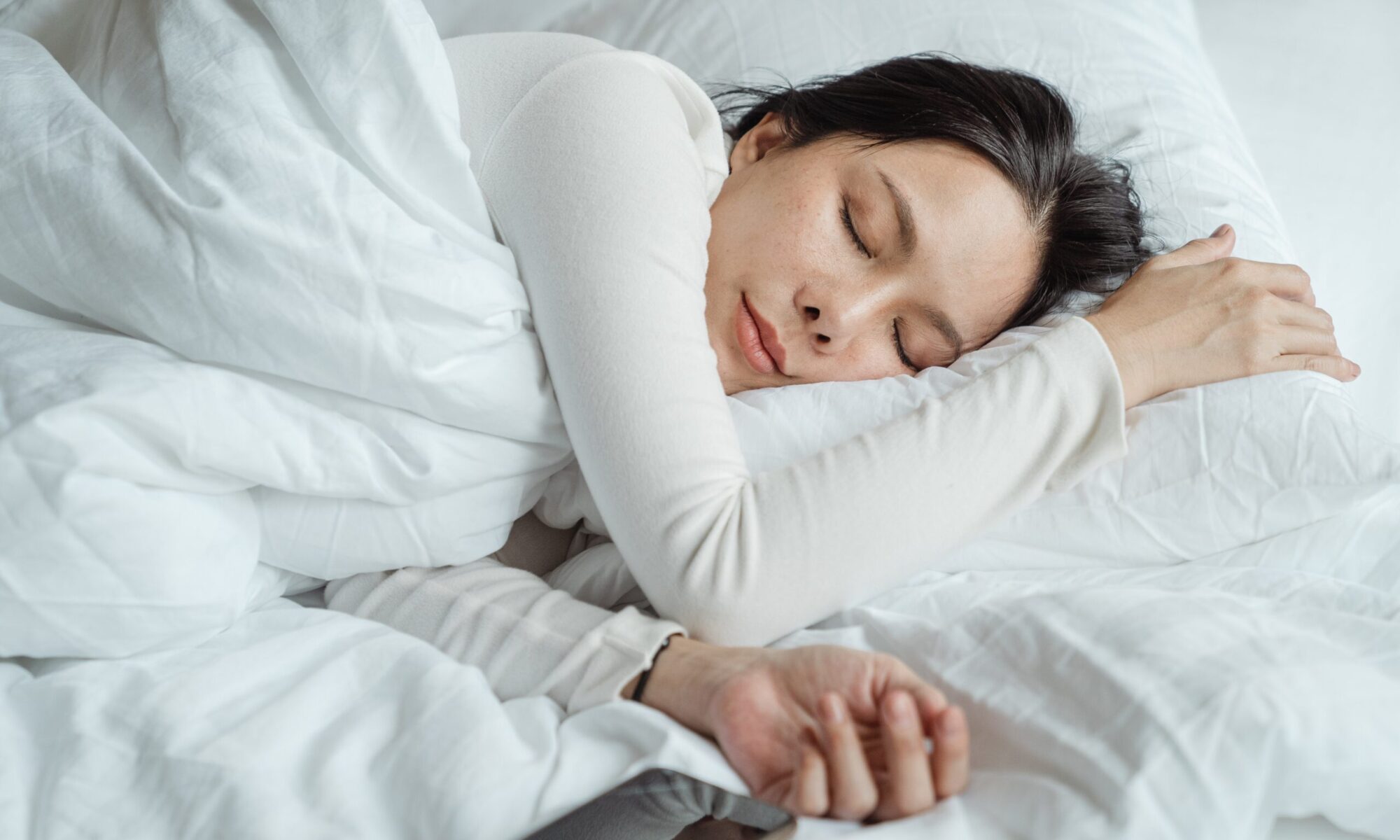Changes in back pain, sleep quality, and perceived stress after introduction of new bedding systems. Poor comfort = poor sleep = poor health and increased pain and lowering of pain threshold.
Although this report dates back to 2008, it illustrates both the perceived importance and value of addressing the platform upon which we physically sleep and upon which our sleep processes are therefore superimposed.
Polls show that Seventy-five percent of Americans report that they have sleep problems for a few nights per week or more. A projected minimum of 70 million people are currently affected by sleep problems, and by the middle of the 21st century, that figure is expected to reach 100 million.
It has been estimated that the average individual gets only about 6.8 hours of sleep per night, which can equate to symptoms of sleep deprivation for many and has the potential to relate to a negative quality of life.
Sleep is restorative both physiologically and psychologically and aids in healing and repair, whereas sleep deficiency is related to loss of work production, increased sick days, greater absenteeism, loss of productivity, and higher injury rates in the workplace.
It relates to increased motor vehicle accidents (MVA) and increased morbidity and mortality with a reduction in the quality of life. (QoL). It is often multifactorial and difficult to treat easily.
Insomnia may be defined as the inability to sleep or to remain asleep throughout the night. Others have defined insomnia, for the benefit of their study, as problems sleeping for 3 nights or more per week during the past 3 months, in addition to problems with daytime functioning.
Insomnia has been described as characterized by low subjective sleep quality. Sleep quality, although poorly defined, is a key feature in insomnia. Poor sleep quality is associated with a continuous activation of the two major components of the stress system: the hypothalamic-pituitary-adrenal axis and the sympathetic nervous system.
Furthermore, stress is related to impaired and shortened sleep, sleep fragmentation, and possibly a reduction in sleep stages III and IV. Those who demonstrate higher stress levels have been shown to have significantly lower sleep efficiency.
One survey estimated that 65% of Americans are losing sleep because of stress
Although stress can cause sleep loss, the reverse is also possible. Poor sleep quality can contribute to an increase in perceived stress. Lack of sleep can intensify the degree of stress, and shortened or disturbed sleep causes increases in levels of traditional stress markers and may exacerbate the effects of stress.
Both mental and physical processes decline with inadequate sleep.
Poor sleep quality is associated with anxiety, depression, and mood disorders. Conversely, adequate sleep improves attitudes, moods, and promotes feelings of self-esteem and competence.
Therefore, reasonably it has been concluded that lack of sleep is a significant stressor, and chronic sleep problems can of themselves become a source of stress.
In addition, sufficient sleep improves mood, promote feelings of competence and self-worth, and supports optimal mental and emotional function.
This is true of pain threshold too. Poor sleep leads to a lowering of the pain threshold and increase in the perception of pain.
This then increases the incidence of poor sleep (insomnia) which becomes especially true of the surface upon which the person sleep and the perceived comfort in doing so. Pain and poor sleep represents a bi-directional dynamic.
As comfort is therefore important for good sleep, the comfort and support of the sleep surface itself are related to problems of sleep quality and efficiency.
Considerations for shopping for body support during sleep
Body support during sleep
This is often related to joints in the postural chain, jaw, neck, shoulders, arms inc. elbows), upper back, lower back, hips and legs (incl. knees).
Neck support during sleep
There are several benefits in adequate support to the head/neck. It is a common area for discomfort and may influence the airway in snoring/sleep apnea.

Certain sleep surfaces have resulted in complaints of low back discomfort, pain, or stiffness and shoulder pain. One study found that subjects developed back pain after sleeping on foam mattresses.
Sleep is affected by those with shoulder pain.Other studies have found no significant differences between foam and innerspring mattresses in sleep stages, the number of awakenings, or total sleep time. In a comparison of beds described as “hard,” “softer,” water, and water/foam, subjects with current back pain reported reduced pain after sleeping on “hard” beds. Jacobson et al, in two separate studies, found that medium-firm mattresses reduced clinically diagnosed back pain, shoulder pain, spine stiffness, and positively affected sleep quality and hat even subjects with minor sleep disturbances benefited significantly in sleep quality and efficiency with medium-firm bedding systems.
Others have concluded that medium-firm mattresses served to reduce low back pain more so than firm mattresses.
Presently, no formula exists for recommending bedding systems to meet specific sleep needs or for reducing sleep disturbances. Health care professionals have little information to support recommending sleep surfaces.
However, some have suggested that body weight may be one determining factor for choosing a bed. Despite the lack of guidelines and cautions that physicians should avoid recommending firm mattresses, and it has been stated that 75% of orthopedic surgeons’ recommended firm or hard mattresses for the relief of back pain.
Based on review it is concluded that in the general population, new bedding systems increased sleep quality and reduced back discomfort, factors that may be related to abatement of stress-related symptoms. Likely too was the beneficial effect on comfort and lack of pain. A medium to firm mattress is recommended.
CLICK BELOW TO RECEIVE YOUR FREE “BETTER SLEEP” GUIDE
Good sleep is crucial to good health and longevity
Dr. Stephen Bray 2020


